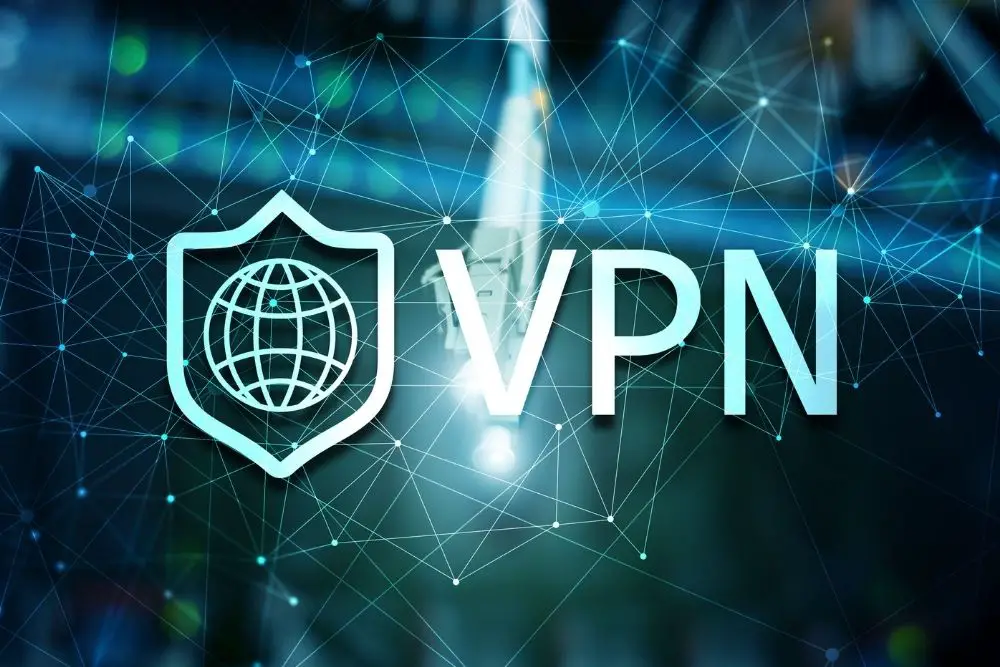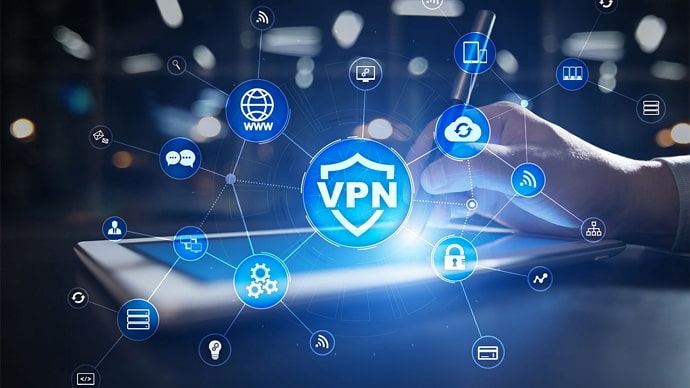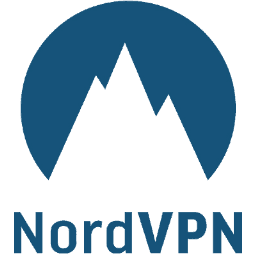
Discovering the world of VPNs opens a realm of possibilities and uncertainties. In this captivating blog, we explore the pros and cons of always using a VPN, unlocking the key to secure online experiences.
Understanding how VPNs impact our digital lives is crucial in navigating the cyber landscape. Join us on this journey to grasp the power of encryption, the allure of anonymous browsing, and the potential trade-offs.
As we delve into the depths of online security, we'll equip you with the knowledge to make informed decisions, empowering you to surf the virtual waves with confidence and peace of mind.
Understanding VPNs
A VPN, or Virtual Private Network, is a secure and private connection that encrypts your internet traffic, making it invisible to potential threats.
It works by routing your data through a remote server located in a different location, effectively hiding your IP address and location. This enhances online security and privacy.
The key benefits of using a VPN are:
- Data Encryption: VPNs protect your data from interception, ensuring sensitive information remains secure.
- Anonymous Browsing: VPNs hide your online identity, preventing websites and advertisers from tracking your activities.
- Bypass Geo-Restrictions: VPNs allow you to access content that might be restricted in your region by changing your virtual location.
- Secure Public Wi-Fi: When connected to public Wi-Fi, VPNs safeguard your data from potential hackers on the same network.
A VPN offers enhanced security, anonymity, and access to geo-blocked content, making it a valuable tool in today's digital world.
When to Use a VPN?

Using a VPN can be beneficial in several situations, ensuring a safer and more private online experience.
- Browsing Public Wi-Fi Safely: When connected to public Wi-Fi networks in cafes, airports, or hotels, a VPN encrypts your data, shielding it from potential hackers and ensuring your sensitive information remains secure.
- Accessing Geo-Restricted Content: With a VPN, you can bypass geographic restrictions imposed by streaming platforms and websites, allowing you to access content that might be limited in your region.
- Enhancing Online Privacy: A VPN masks your IP address, preventing ISPs, advertisers, and other third parties from monitoring your online activities and ensuring your privacy remains intact.
- Preventing ISP Throttling: VPNs can help evade ISP bandwidth throttling, which slows down internet speeds for certain activities. By encrypting data, a VPN prevents ISPs from identifying and limiting specific online tasks, maintaining consistent speeds.
A VPN offers a versatile solution for various online situations, protecting your data, privacy, and access to content while navigating the complexities of the digital world.
When You Might Not Need a VPN?
While VPNs offer valuable benefits, there are instances where using one might not be necessary or could even be counterproductive:
- Accessing Local Services: Some websites and services rely on your true location, and using a VPN may interfere with their functionality. Local online banking or location-based services might not work properly if your VPN masks your actual location.
- Slowdown in Internet Speed: VPNs add an extra layer of encryption, which can result in a slight reduction in internet speed. If you have a fast and secure internet connection, the speed reduction might be negligible. However, for activities that require high bandwidth, like online gaming or video streaming, the reduction in speed might be more noticeable.
- Device Compatibility: While VPNs are widely supported, certain devices or platforms might not be compatible with all VPN services. Some routers, smart TVs, or IoT devices might not support VPN configurations, limiting their use on those devices.
While VPNs are powerful tools for online security and privacy, it's essential to consider the specific needs of each situation.
If you need access to location-based services, prioritize speed for certain activities, or encounter device compatibility issues, using a VPN might not be the best option. Evaluating the pros and cons of VPN usage in each scenario can help make informed decisions about its relevance and effectiveness.
Best VPNs for Consistent Use
When it comes to consistent VPN use, the best VPN stands out as a top choice. One of its key features that makes it particularly appealing is its free trial option, allowing users to test the service before committing to a subscription. So check out recommended list of the best VPNs for consistent use:
ExpressVPN is a top choice for consistent VPN use. With a free trial option, users can test its reliability. It offers an extensive server network, fast speeds, robust security, and a user-friendly interface, making it ideal for seamless and secure internet access.
Conclusion
In conclusion, using a VPN offers numerous benefits like enhanced security, privacy, and access to geo-restricted content. However, it may not be necessary in all situations, such as when accessing local services or facing potential internet speed reductions.
It's crucial for readers to weigh the pros and cons and evaluate their individual needs before deciding to use a VPN.
By making informed choices, users can enjoy a safer and more unrestricted online experience tailored to their preferences and requirements. Stay secure, stay informed, and choose wisely.
FAQ’s
Is using a VPN legal?
Yes, using a VPN for legitimate purposes is legal in most countries. However, some nations may have specific regulations or restrictions on VPN usage, so it's essential to be aware of local laws.
Can a VPN slow down my internet speed?
Yes, using a VPN can lead to a slight reduction in internet speed due to the encryption and rerouting of data. However, reputable VPN providers often offer optimized servers for better performance.
Are free VPNs safe to use?
Free VPNs may have limitations and could compromise your data privacy. Some might collect and sell user data or display ads. It's advisable to choose trusted and reputable VPN providers for better security.
Can I use a VPN on all my devices?
Most VPN services support multiple devices and platforms, including Windows, macOS, Android, iOS, and routers. However, it's essential to check device compatibility with the chosen VPN provider.
Will a VPN protect me from all online threats?
While VPNs enhance security by encrypting your connection, they cannot protect against all online threats. It's essential to combine VPN usage with other security measures, such as antivirus software and safe browsing practices.

Thomas Smith is the editor of forprivacy.org, overseeing a team focused on building the voice of the cybersecurity world through guides, reviews articles and community. His background is as a writer and seasoned software industry veteran with 10 years of experience.
More Posts




